Iran Confirms 71 Dead in Israeli Strike on Evin Prison as Ceasefire Holds Amid Tensions
Israel’s airstrike on Iran’s Evin prison killed at least 71 people, as Tehran confirms casualties amid a tense ceasefire and ongoing uncertainty over the status of Iran’s nuclear program.
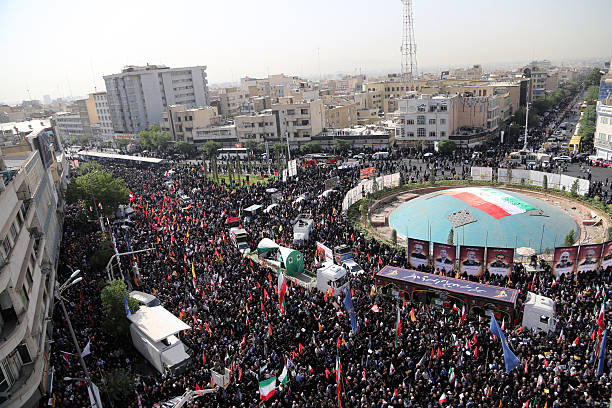 TEHRAN, IRAN - JUNE 28: Thousands of Iranians attend the funeral ceremony for approximately 60 people killed in Israeli strikes on Iran, including high-ranking military officials, nuclear scientists, and civilians, during a state funeral service in Enqelab Square on June 28, 2025 in Tehran, Iran. Israel and Iran traded daily aerial attacks over a 12-day period until a ceasefire took effect on June 24.
TEHRAN, IRAN - JUNE 28: Thousands of Iranians attend the funeral ceremony for approximately 60 people killed in Israeli strikes on Iran, including high-ranking military officials, nuclear scientists, and civilians, during a state funeral service in Enqelab Square on June 28, 2025 in Tehran, Iran. Israel and Iran traded daily aerial attacks over a 12-day period until a ceasefire took effect on June 24.Iran’s judiciary confirmed Sunday that at least 71 people were killed in an Israeli airstrike last week on Tehran’s Evin prison, a facility notorious for housing political prisoners and dissidents, as both Iran and Israel approach the one-week mark of a fragile ceasefire.
The death toll, announced by judiciary spokesperson Asghar Jahangir via the official Mizan news agency, included prison staff, soldiers, inmates, and civilians visiting the facility. The Washington-based Human Rights Activists in Iran said at least 35 staff members and two inmates were among the dead, alongside a pedestrian near the facility and a woman visiting a judge about her husband’s case.
The June 23 strike came just one day before the ceasefire between Israel and Iran was enacted. While Iranian authorities have not provided a detailed breakdown of casualties, the attack targeted several buildings within the prison compound, raising international concern for the safety and treatment of prisoners.
The Israeli Defense Ministry stated the operation targeted “regime targets and government repression bodies in the heart of Tehran.” The rationale for striking Evin prison remains unclear.
The incident was quickly overshadowed by an Iranian missile strike on a U.S. base in Qatar later the same day, which caused no casualties, and by the announcement of the ceasefire.
Rights groups condemned Israel’s strike on the prison. The New York-based Center for Human Rights in Iran stated that the attack violated the principle of distinction between military and civilian targets, labeling it a potential breach of international law.
The Evin strike was part of a broader 12-day Israeli military campaign, during which Israel claimed to have killed 30 Iranian commanders, 11 nuclear scientists, and struck over 720 military and nuclear-linked targets. According to Human Rights Activists in Iran, more than 1,000 people were killed during this period, including at least 417 civilians.
Iran retaliated by firing over 550 ballistic missiles at Israel, most of which were intercepted, though some landed, causing widespread damage and killing 28 people.
In a letter to the United Nations, Iranian Foreign Minister Abbas Araghchi called on the international community to recognize Israel and the U.S. as “the initiators of the act of aggression,” demanding accountability and compensation.
Iranian authorities were criticized by rights advocates for failing to protect inmates, evacuate the facility, or provide adequate medical care following the Evin prison strike. Some of the wounded were treated on-site, while others were hospitalized. Among the confirmed dead was Iran’s top prosecutor, Ali Ghanaatkar, a key figure in prosecuting dissidents, including Nobel Peace Prize laureate Narges Mohammadi.
A large funeral procession for Ghanaatkar and others killed in the strike was held in Tehran on Saturday, with plans to bury him at a shrine in Qom on Sunday.
As both nations observe the ceasefire, Iranian military officials have voiced skepticism about Israel's commitment to the truce. Chief of Staff Abdolrahim Mousavi warned that Iran remains ready for further conflict.
“We did not initiate the war, but we responded to the aggressor with all our might,” Mousavi said. “We are prepared to give them a strong response if they repeat the aggression.”
The extent of the damage to Iran’s nuclear infrastructure remains in dispute. U.S. President Donald Trump has claimed that the program was “obliterated,” but Iranian officials and international observers disagree.
Rafael Grossi, head of the International Atomic Energy Agency, said in an interview aired Sunday that while significant damage has been inflicted, Iran retains the industrial and technological capacity to restart its nuclear efforts. Grossi emphasized that the IAEA cannot fully assess the situation without direct access to the affected sites — access which Iran has not granted.
“It is clear that there has been severe damage, but it’s not total damage,” Grossi stated. “Iran has the capacities... so if they so wish, they will be able to start doing this again."



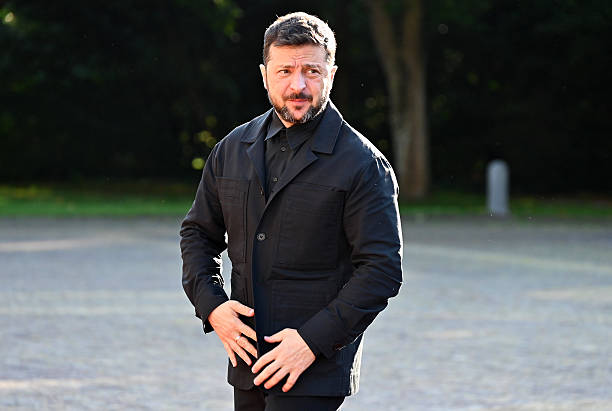
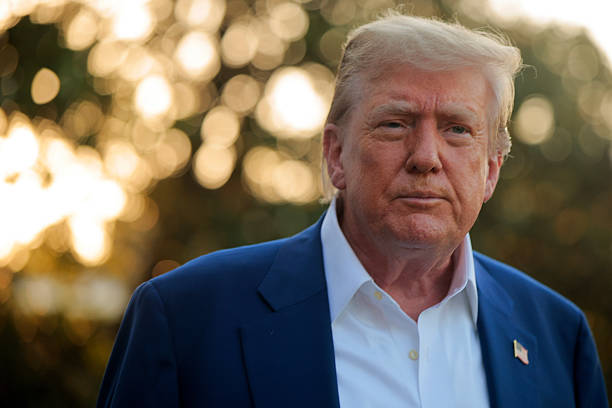
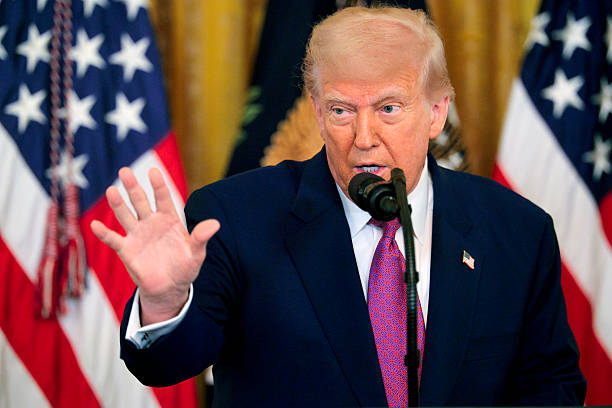
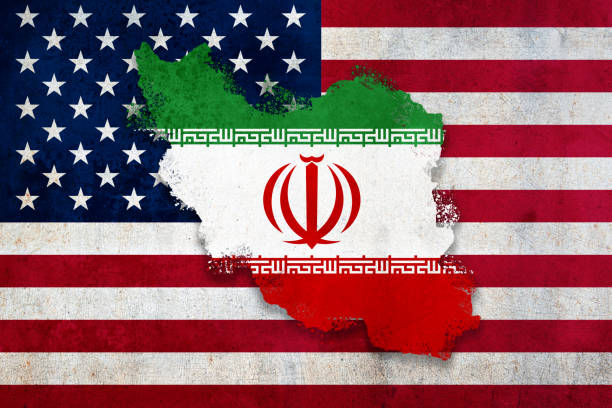
Conversation